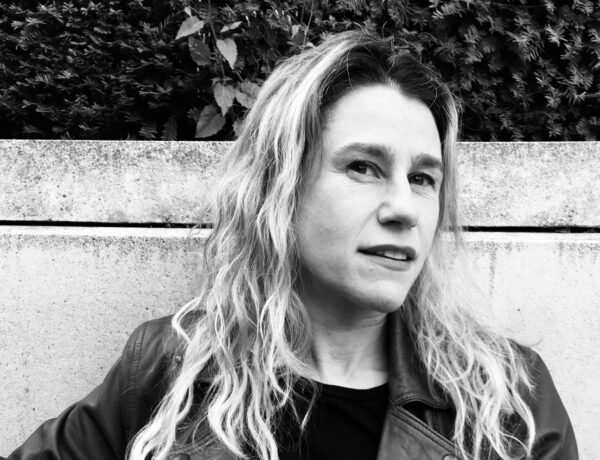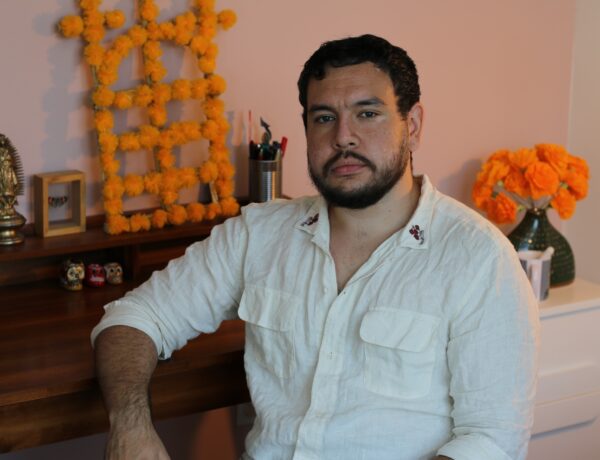A former journalist, folksinger and attorney, Jeffery Deaver is an international number-one bestselling author. His novels have appeared on bestseller lists around the world, including the New York Times, The Times of London, Italy’s Corriere della Sera, the Sydney Morning Herald and the Los Angeles Times. His books are sold in 150 countries and translated into twenty-five languages.
He has served two terms as the president of the Mystery Writers of America, which also recently named him a Grand Master. The author of forty-five novels, multiple collections of short stories and a nonfiction law book, and a lyricist of a country-western album, he’s received or been shortlisted for dozens of awards.
Each week, we publish a new daily writing routine from a famous author. Subscribe to our newsletter so you don’t miss out!
Hi Jeffery, it’s a real pleasure having you with us today. With your upcoming novel, Hunting Time, coming out in November, I wonder if you could give us a sneak peek behind the story’s creative process?
The process for Hunting Time is the same as with all of my novels: I spend eight months outline and researching my books. I am a firm believer in planning the book ahead. I am unusual in the amount I outline, but I find it a much more efficient way to write the kind of book that is my trademark: a fast-paced thriller that takes place over a short period of time, features several subplots and has many reversals and twists and three or so surprise endings. After the outline is done (it’s typically 125 pages or so), I write the book quickly, in about two months. Then I spend another two months rewriting and polishing.
For Hunting Time I also did a lot of research into nuclear energy, water pollution and small cities in America hit by tough economic conditions.
I’m curious what your research process looks like. Is it browsing online and going to libraries, or are you having a lot of conversations with experts about these topics?
I write at least a book a year and three or four long short stories. Research has to be efficient, so I do 90 percent online, but always check multiple sources to make sure it’s accurate. I rarely talk to experts. It’s only necessary for me to stay one step ahead of the readers. Note, in writing about a locale, I always go there and study and photograph it.

When you’re writing a novel, what does a typical work day look like for you?
I work seven days a week, though I can, of course, take time off occasionally. I get up early—six or seven—and work until five or so. Not all that time is writing. Being a full-time novelist means there are many adjunct tasks to attend to, like interviews, meetings with editors, handling social media. I always get some writing in though. Usually it’s at least 2000 words if I’m creating text. I can revise about 50 pages a day.
I have an office at home, but I also work on the road. I usually have to buy a new laptop every eight months or so; I wear the keys down (I learned to keyboard on an Underwood upright typewriter, so I have a heavy touch.
Speaking of your Underwood typewriter, can you talk more about some of your must-have writing tools?
I have no superstitions about writing. I use a 17” laptop, which I need to replace every eight months or so (I break off the keys), any brand will do. It’s a PC, not a Mac. I use Microsoft Word, and have purchased their 365 Suite. I use Adobe Acrobat. I have a very high speed HP laser printer.
The other software I use is Natural Reader, which reads my book back to me in the final drafts, as I follow along on a printed copy. Amazing how many mistakes and clumsy turns of phrase are apparent. I can’t recommend the software enough (it’s free, I believe, though I have a paid-for version with a few more bells and whistles). I never use a computer’s touchpad. Useless. I use a mouse or, preferably, a thumb trackball.
Whenever you hit a roadblock during a writing session, what are some of the methods you use to get back into the flow of things?
Because I outline, I never have a block in the writing process. I know what every scene will be. In the process of outlining, though, I will have many false starts and misdirections. But because I’m only outlining, I can jump over them to a later part of the book and plan that out. Outline, outline, outline!
If you could give just one piece of advice to a writer trying to get published, what would it be?
Rather than a single piece, I’ll say this: Write fiction in the genre you yourself enjoy and have read, plan out what you want to say ahead of time, always keep in mind what are your readers’ desires and needs for fiction (the writing process is not about you; it’s about given them the most emotionally engaging story you can), let your book or story sit for a length of time and then go back and start editing, find an agent and remember that rejection is a speed bump, not a brick wall.
What does your writing workspace look like?
Well, I write everywhere. An office, the bedroom, the backseat of my SUV, airplanes, the kitchen (where I am right now). My only requirement is a comfortable chair and good light. Some wine doesn’t hurt either.

Before you go…
Each week, we spend hours upon hours researching and writing about famous authors and their daily writing routines. It’s a lot of work, but we do it out of our love for books and learning about these authors’ creative process, and we certainly don’t expect anything in return. However, if you’re enjoying these profiles each week, and would like to send something our way, feel free to buy us a coffee!



No Comments